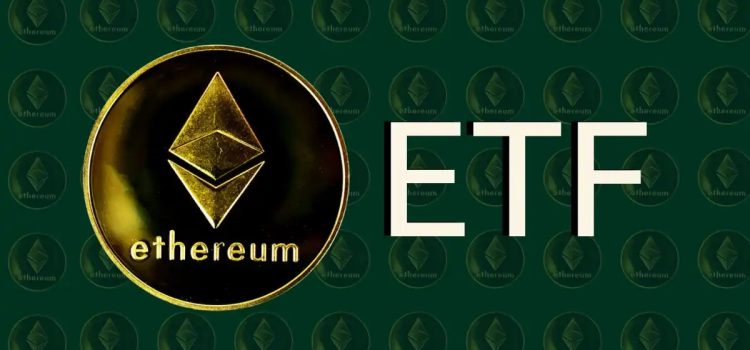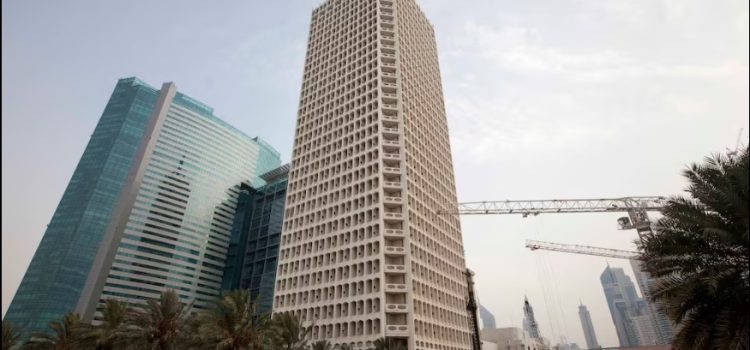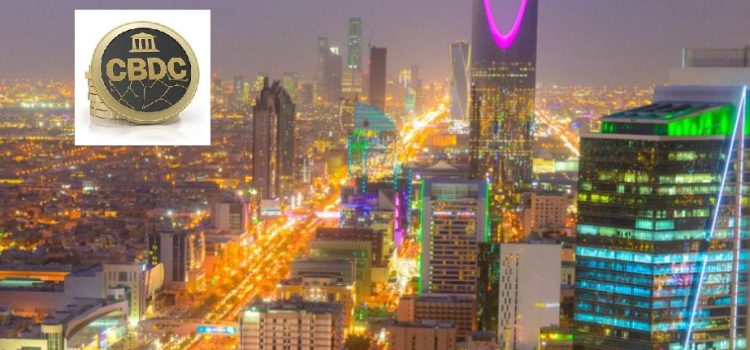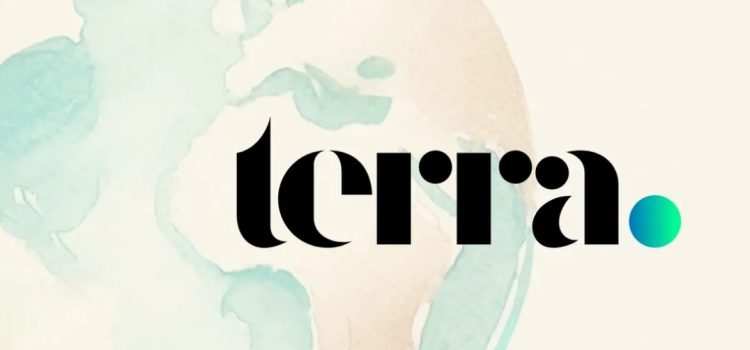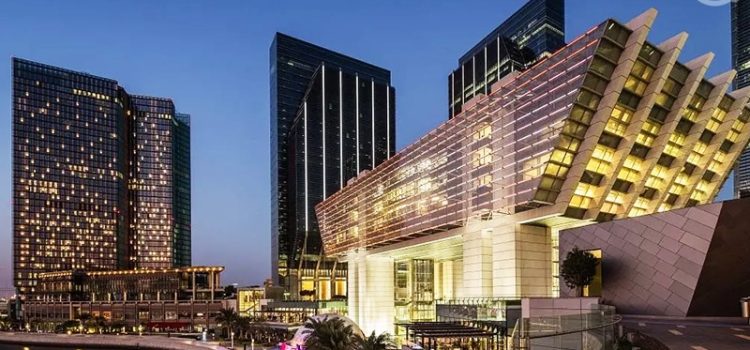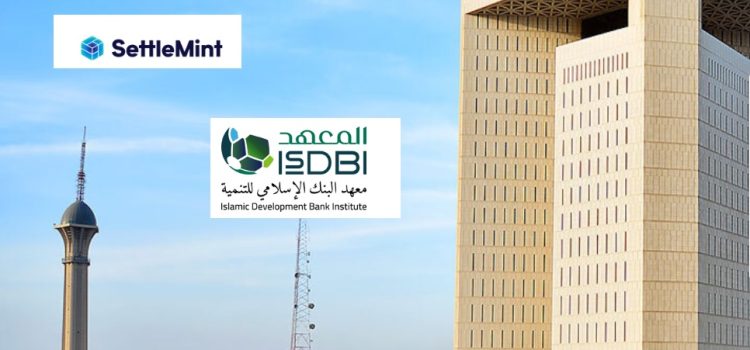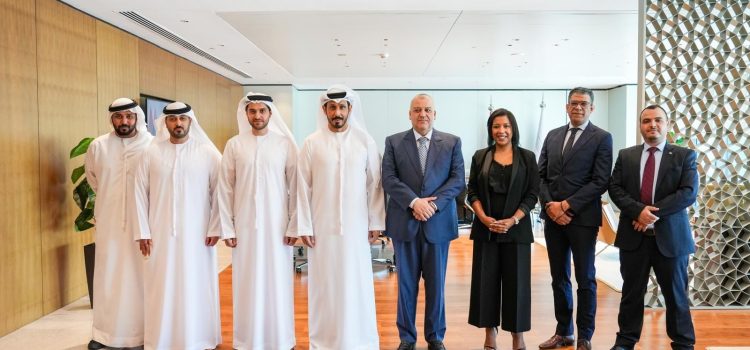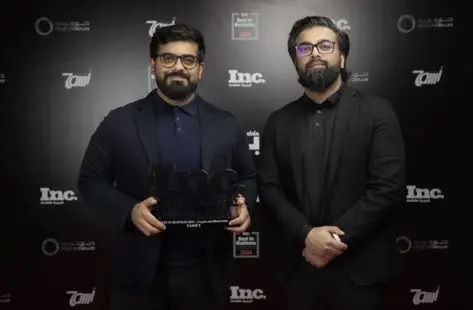
Bybit, A global cryptocurrency exchange, which has applied for a license within the UAE through Dubai’s VARA, has released a new study showing institutional investors have increased their ETH holdings ahead of the launch of the spot ETH ETF in the US. Bybit’s institutional exposure to ETH tripled since ETF announcement, from 6.54% to 14.29%.
According to analysts they predict this ETF will capture between $8 and $12 billion from US and global markets, driving Ethereum to new all-time highs by year-end.
According to recent data, Bybit’s institutional investors’ exposure to ETH has almost tripled since the ETF announcement on May 24, 2024—moving from 6.54% to a current weighting of 14.29%. This surge underscores the growing confidence in Ethereum’s future performance and the expected positive impact of the ETF launch.
Retail investors on Bybit have also increased their ETH allocations, although not as dramatically as institutional investors. The allocation to ETH has risen from 7.40% to 9.52%, reflecting a cautious but positive response to the ETF announcement.
“Ethereum is the crypto product favored by traditional capital such as BlackRock and Franklin Templeton, both of whom have tokenized funds on the platform,” said Hao Yang, head of financial products at Bybit. “Given this, the chain seems poised to become the institutional pick. With its native yield, the ETH token allows for composability, and we are seeing protocols building interesting derivatives based on ETH’s stable yield, leveraging this to create crypto primitives that mimic those built on top of the US Treasury market. Finally, because a portion of ETH is burned (sent to a wallet from which no withdrawals are possible), the asset can become deflationary, which means the more network effects kick in, the scarcer the asset becomes.”
Interestingly Institutional investors seem to have pulled out some investments into stablecoins and other crypto assets and moved to Eth. Before ETH ETF announcement, 33% of institutional investors held stablecoins, while after this went down to 25.16%. This is also seen in other crypto assets that were held by investors, where it went down as well from 33.05% to 30.3%.
As for BTC ( Bitcoin) holdings it also went up on Bybit by 4% to 30.26% after ETH ETF announcement.








